
Posted By: Medsole RCM
Posted Date: Jul 09, 2025
Managing and handling Medicare billing is a challenge that is not only about correct coding and timely submissions. The important part of this process are Medicare Administrative Contractors (MACs) entities responsible for reviewing and deciding that your claims meet the requirements for approval and reimbursement or not. For healthcare providers and billing professionals, its very important to understand how MACs operate, because it can make the difference between payment and denials.
At MedSole RCM, we recognize the importance of addressing how MACs impact claim decisions. This blog breaks down the role MACs play, what influences their approval decisions, and how providers can reduce payment delays and rejections.
A MAC is a private health insurer contracted by the Centers for Medicare & Medicaid Services (CMS) to manage the daily operations of Medicare claims. These contractors play an important role for processing of Medicare Part A and Part B claims, and are assigned by region (jurisdiction)
Their responsibilities include:
In short, MACs act as a bridge between CMS and healthcare providers to ensure proper claim handling and fund distribution. You can study our recent blog that How does MAC work in medical billing.
1. Review of Documentation and Medical Necessity
Based on Local Coverage Determinations (LCDs) and National Coverage Determinations (NCDs) MAC will check that the documents that are submitted supports medical necessity or not. Even if the claim is coded correctly, still missing or incomplete documentation may result in a denial. For instance, if a procedure is common in your specialty but it lacks specific diagnostic codes, your MAC may reject it.
2. Timeliness of Claims
MACs implement timely filing rules. Claims automatically denied if they are not submitted within the CMS allowed timeframe typically 12 months from the date of service. They also track submission patterns and may detect irregularities for review.
3. Claim Edits and Pre-Payment Reviews
MACs apply claim edits, where logic errors, missing data and incorrect or mismatched codes can be automatically check. These edits trigger rejections or requests for additional documentation. Some MACs may require pre-payment reviews for services frequently detected in audits.
4. Jurisdiction-Specific Policy Enforcement
Every MAC interprets CMS policies slightly differently. That means a claim that passes in one state may face denials in another state, based on LCD variations. Providers need to be familiar with their MAC’s jurisdictional policies and guidelines for billing that is acceptable.
1. Calculation of Allowable Charges
MACs determine allowable reimbursement amounts based on Medicare fee schedules and regional adjustments. If any service is not meeting criteria for coverage, bundling, or frequency limits, it may be reduced or denied.
2. Overpayment Requests
MACs perform post-payment reviews, which may result in overpayment findings. If a claim was paid incorrectly or lacks proper documentation, providers may be required to return the funds.
3. Delays from Technical Denials
Technical errors like incorrect NPI numbers, invalid modifiers, or missing dates may result in non-medical denials, delaying reimbursements and requiring resubmissions.
Providers with a high rate of denials or unusual billing patterns may be placed under Targeted Probe and Educate (TPE) reviews. These MAC led audits focus on providers whose claims frequently do not meet policy requirements.
MACs may request:
1. Know Your MAC Jurisdiction (region)
Each MAC has its own portal, educational materials, and contact procedures. Knowing your MAC's specific region helps in understanding its unique LCDs and communication formats.
2. Subscribe to MAC Updates
MACs publish newsletters, coding updates, and training materials. Subscribing to these updates helps your team stay updated about changes in CMS policies and claim processing rules.
3. Align Documentation with LCDs
Before billing a service, check the LCDs applicable to your MAC. These documents detail the coverage conditions and approved ICD-10 codes for common procedures.
4. Quick Response to Additional Documentation Requests (ADRs)
To prevent the automatic denials, the response should be within deadline when MACs request more information. Always include relevant and accurate documentation with your submission.
How MedSole RCM Helps You Navigate MAC Rules
Your billing partner should understand how MACs apply edits and rules to claims. At MedSole RCM, we:
Our team is familiar with MAC operations so well, that allows providers to focus on delivering best patient care. Meanwhile our team handles all administrative burden. Contact our Experts for better support.
1. What does MAC stand for?
MAC stands for Medicare Administrative Contractor; an entity contracted by CMS to process and manage Medicare claims.
2. Can a MAC deny a claim even if it’s coded correctly?
Yes. If documentation does not support medical necessity or if required elements are lack in it, MACs can deny the claim.
3. How do I know which MAC handles my claims?
You can find your MAC based on your state by visiting the CMS website or using the MAC lookup tool.
4. Does MACs same across all states?
No. MACs are assigned by jurisdiction (regions), and each has its own coverage policies (LCDs) and operational rules.
5. What is an LCD?
An LCD (Local Coverage Determination) is a policy issued by a MAC which explains about services covered and their conditions.
6. How MACs affect reimbursement amounts?
The payment calculation by MAC based on Medicare fee schedules, modifiers, and local cost factors. Errors or missing data can reduce reimbursement.
7. Do MACs provide education to providers?
Yes. MACs offer training webinars, bulletins, and instructional materials to help providers stay informed with CMS rules.
8. What triggers a MAC audit?
High denial rates, wrong billing patterns, or failure to follow coverage policies may trigger TPE or audits after payments.
9. How long does it take for a MAC to process a claim?
Processing time may vary but generally takes 14–30 days, depending on claim type and the conditions like documentation is required or not.
10. Are MACs involved in Medicare Advantage plans?
No. MACs handle traditional Medicare Part A and B claims. Medicare Advantage plans are managed by private insurers.
Get quick highlights instantly
Recent Blogs

Posted Date: Jun 24, 2025
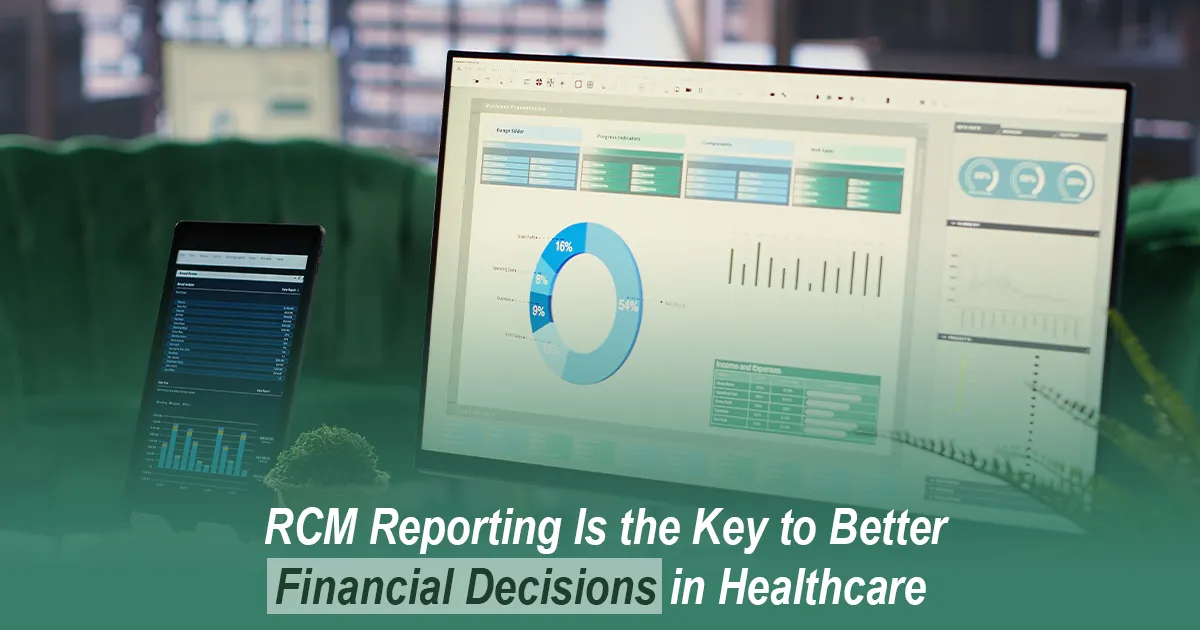
Posted Date: Jun 26, 2025

Posted Date: Jun 28, 2025

Posted Date: Jun 30, 2025

Posted Date: Jul 02, 2025

Posted Date: Jul 04, 2025

Posted Date: Jul 07, 2025

Posted Date: Jul 09, 2025

Posted Date: Jul 11, 2025

Posted Date: Jul 14, 2025

Posted Date: Jul 16, 2025

Posted Date: Jul 18, 2025

Posted Date: Jul 22, 2025

Posted Date: Jul 23, 2025

Posted Date: Jul 25, 2025

Posted Date: Jul 28, 2025

Posted Date: Aug 01, 2025

Posted Date: Aug 04, 2025

Posted Date: Aug 06, 2025

Posted Date: Aug 08, 2025

Posted Date: Aug 11, 2025

Posted Date: Aug 14, 2025

Posted Date: Aug 18, 2025

Posted Date: Aug 20, 2025

Posted Date: Aug 25, 2025

Posted Date: Aug 27, 2025

Posted Date: Aug 29, 2025

Posted Date: Sep 03, 2025

Posted Date: Sep 05, 2025

Posted Date: Sep 08, 2025

Posted Date: Sep 15, 2025

Posted Date: Sep 18, 2025

Posted Date: Sep 22, 2025

Posted Date: Sep 24, 2025

Posted Date: Sep 26, 2025

Posted Date: Sep 29, 2025

Posted Date: Oct 02, 2025
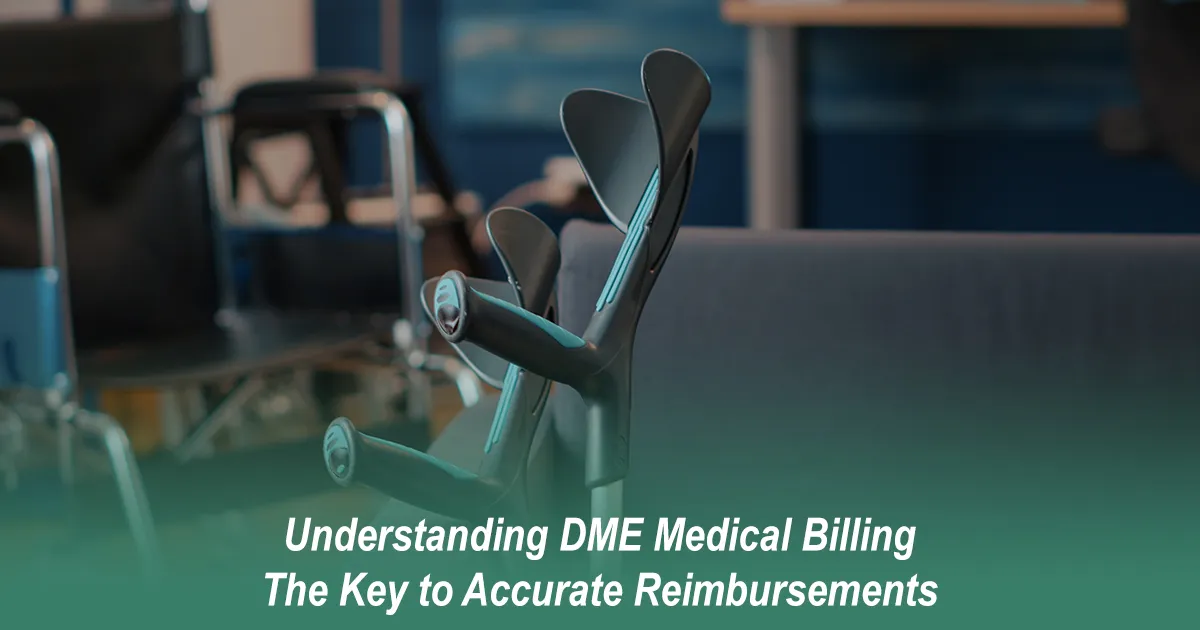
Posted Date: Oct 13, 2025

Posted Date: Oct 16, 2025

Posted Date: Oct 23, 2025
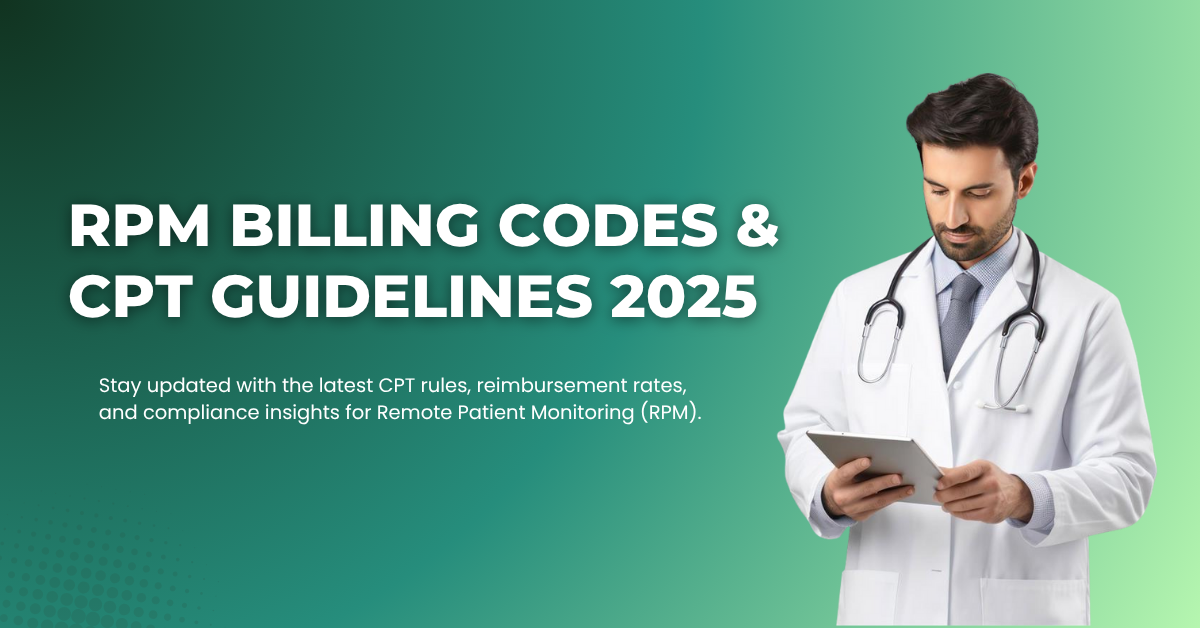
Posted Date: Oct 27, 2025

Posted Date: Oct 28, 2025

Posted Date: Oct 30, 2025

Posted Date: Oct 31, 2025

Posted Date: Nov 03, 2025

Posted Date: Nov 05, 2025
_11zon.webp)
Posted Date: Nov 11, 2025
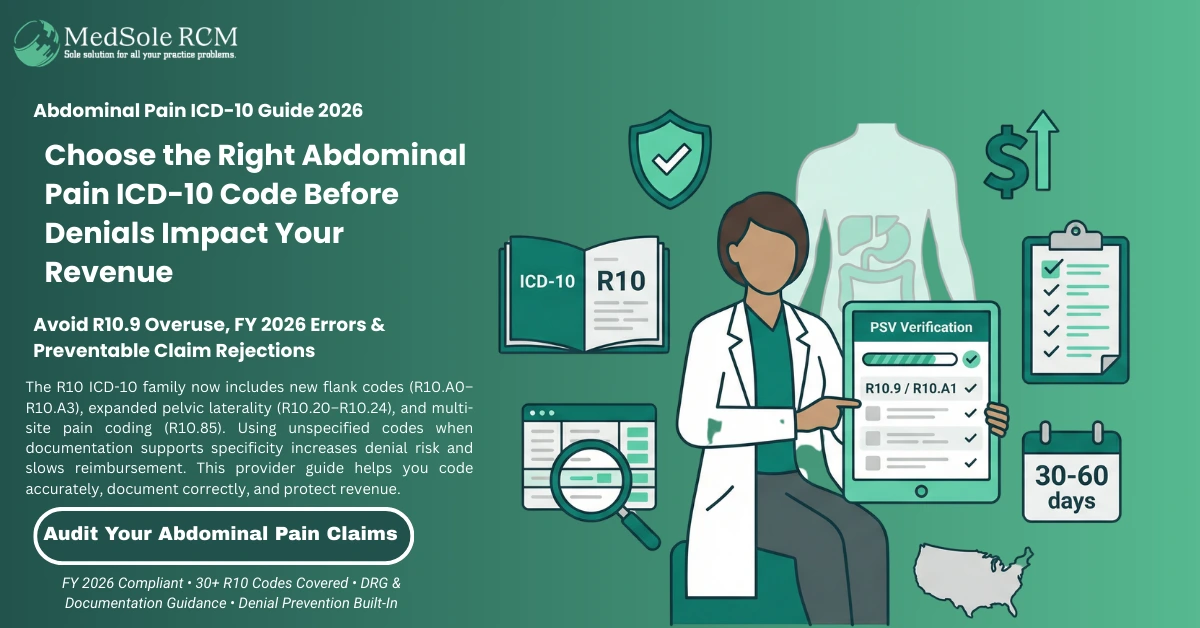
Posted Date: Nov 14, 2025

Posted Date: Jan 05, 2026
.png)
Posted Date: Jan 02, 2026

Posted Date: Jan 06, 2026
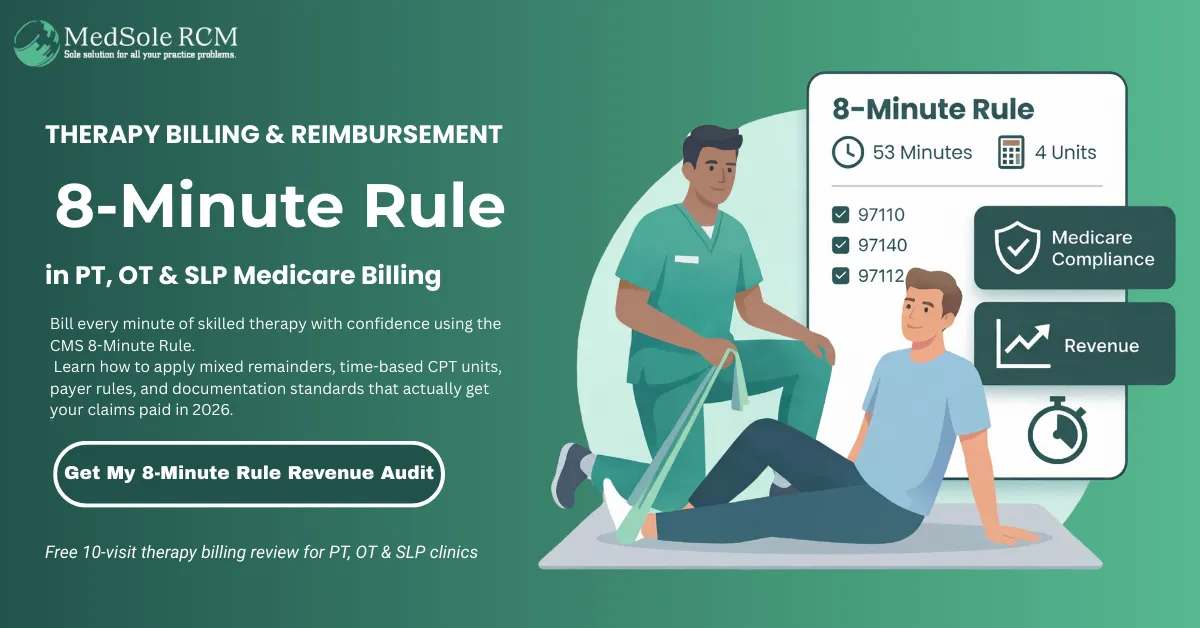
Posted Date: Jan 07, 2026
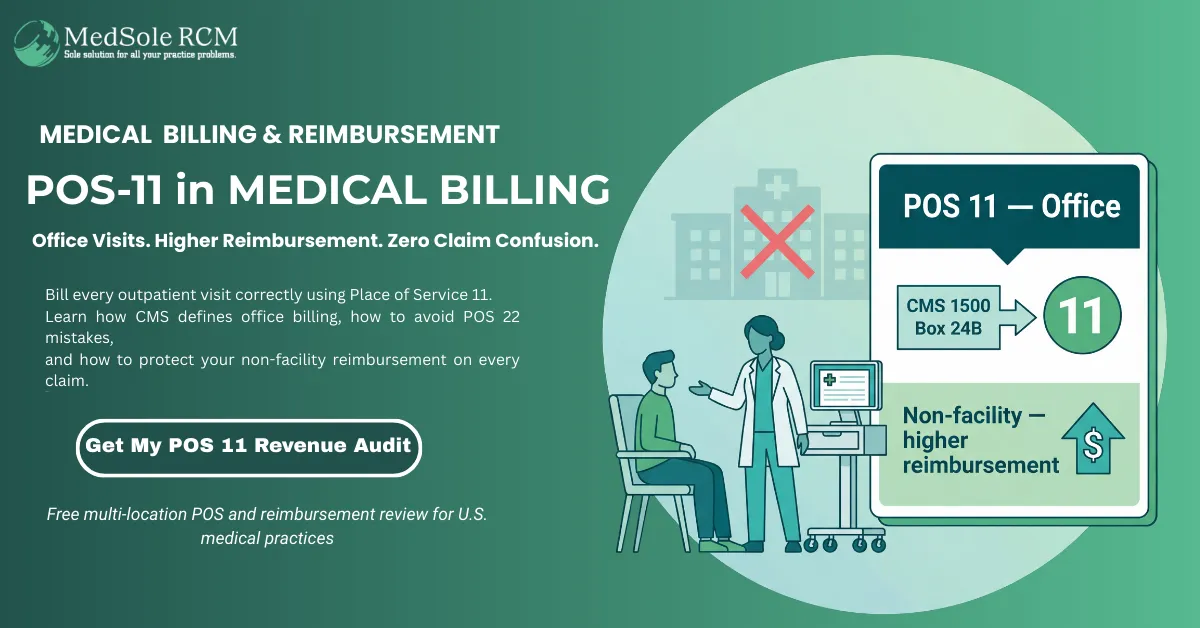
Posted Date: Jan 08, 2026
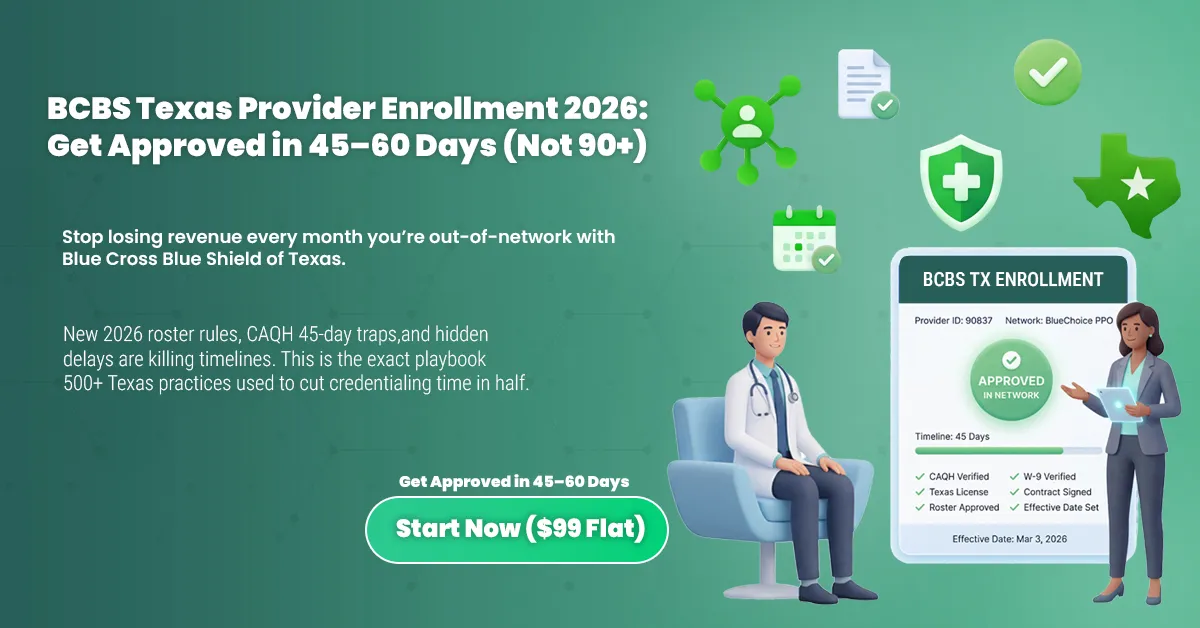
Posted Date: Jan 15, 2026
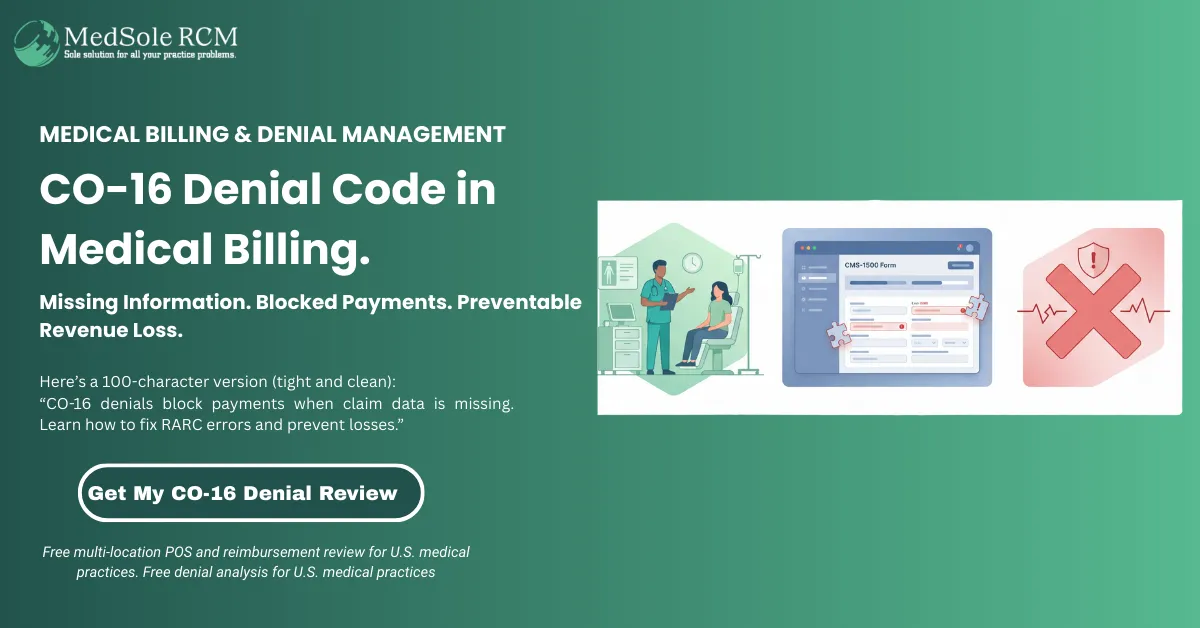
Posted Date: Jan 13, 2026
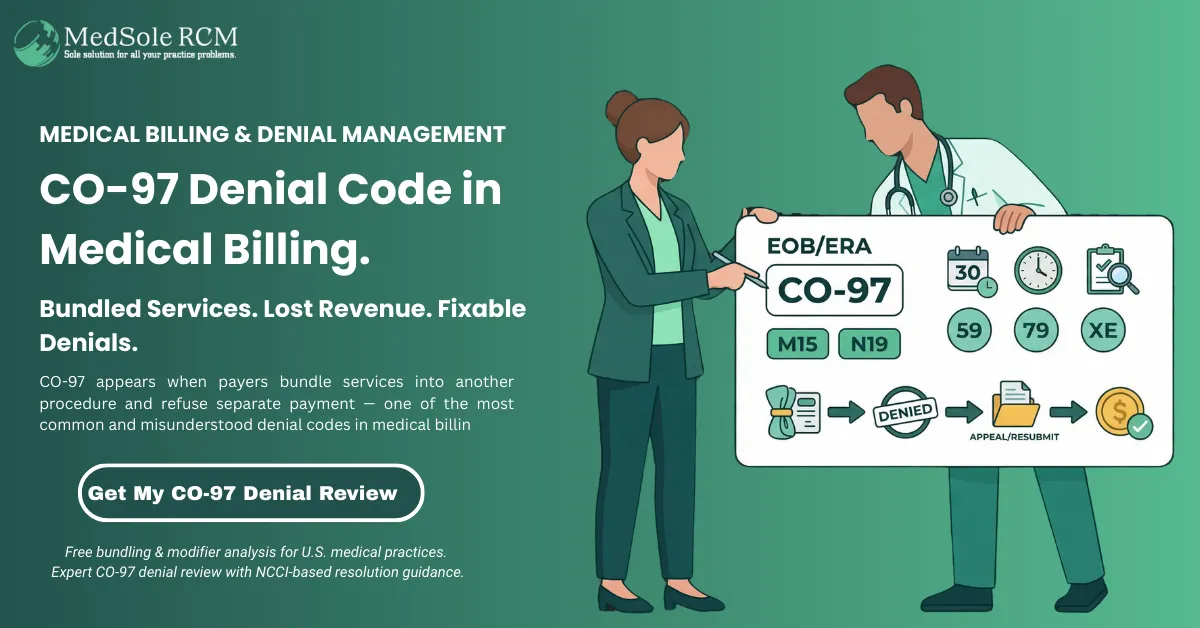
Posted Date: Jan 21, 2026

Posted Date: Jan 22, 2026
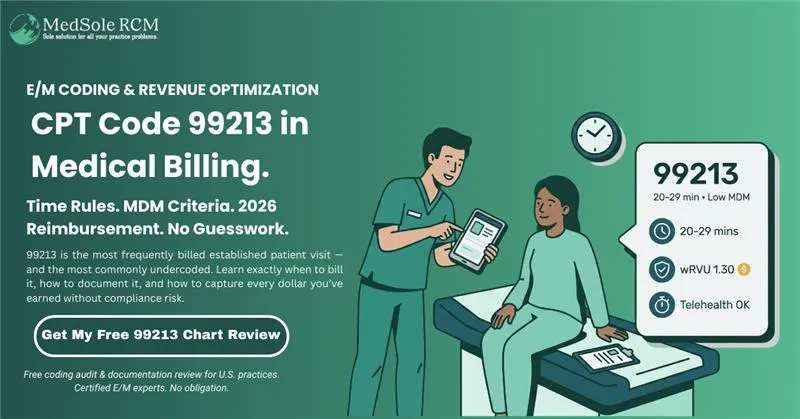
Posted Date: Jan 26, 2026
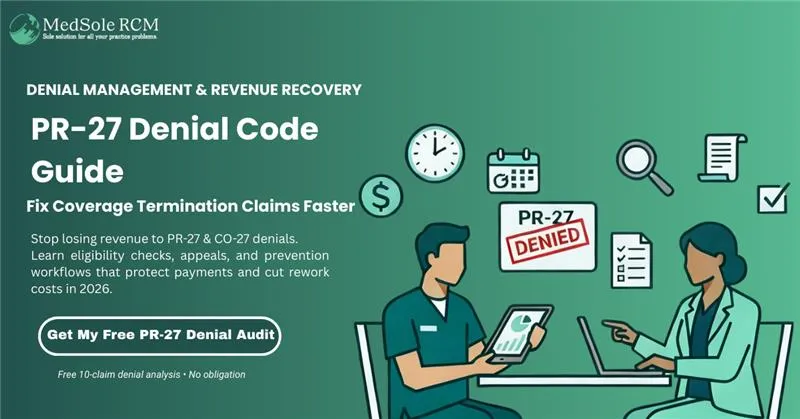
Posted Date: Jan 27, 2026

Posted Date: Jan 28, 2026
_11zon.webp)
Posted Date: Jan 29, 2026
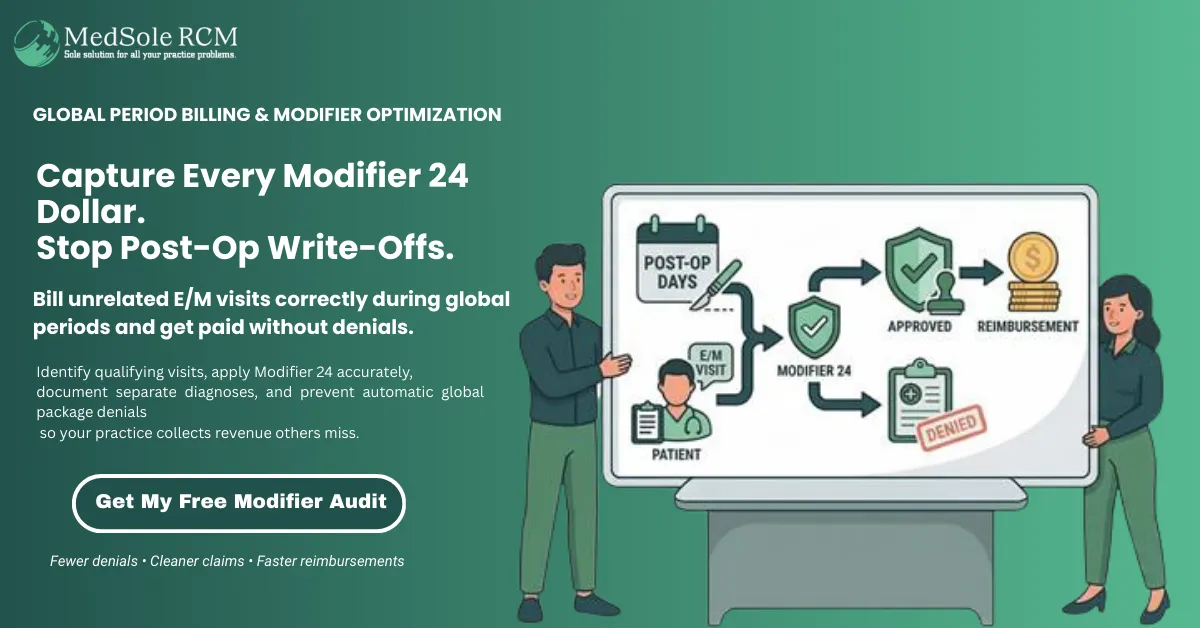
Posted Date: Jan 30, 2026
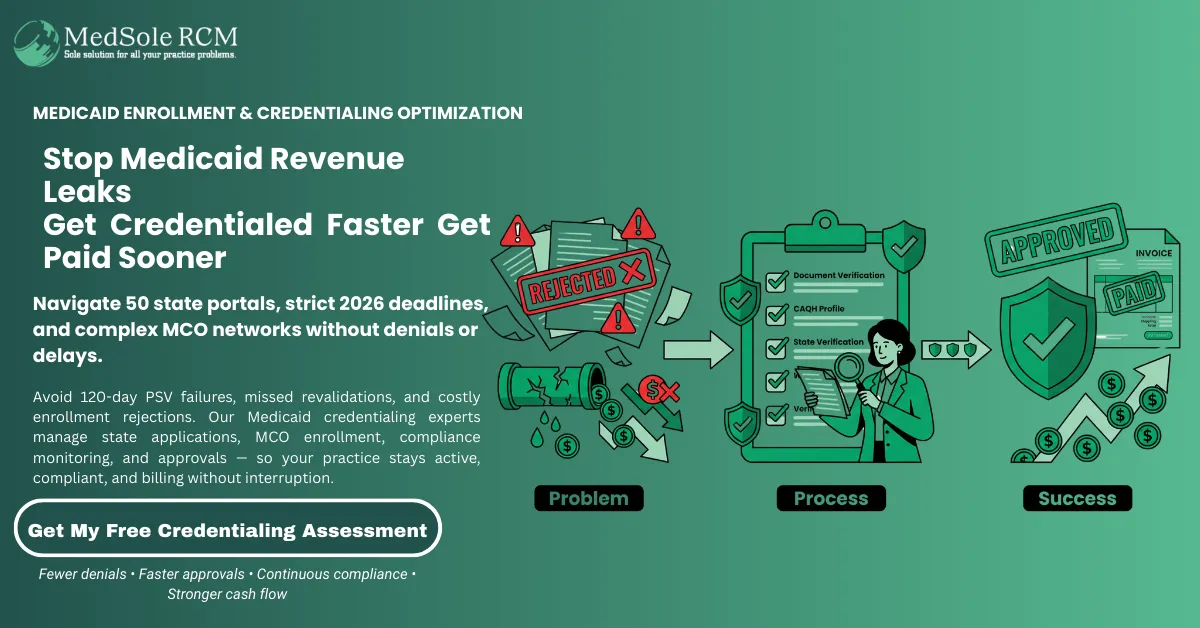
Posted Date: Feb 02, 2026

Posted Date: Feb 03, 2026

Posted Date: Feb 04, 2026
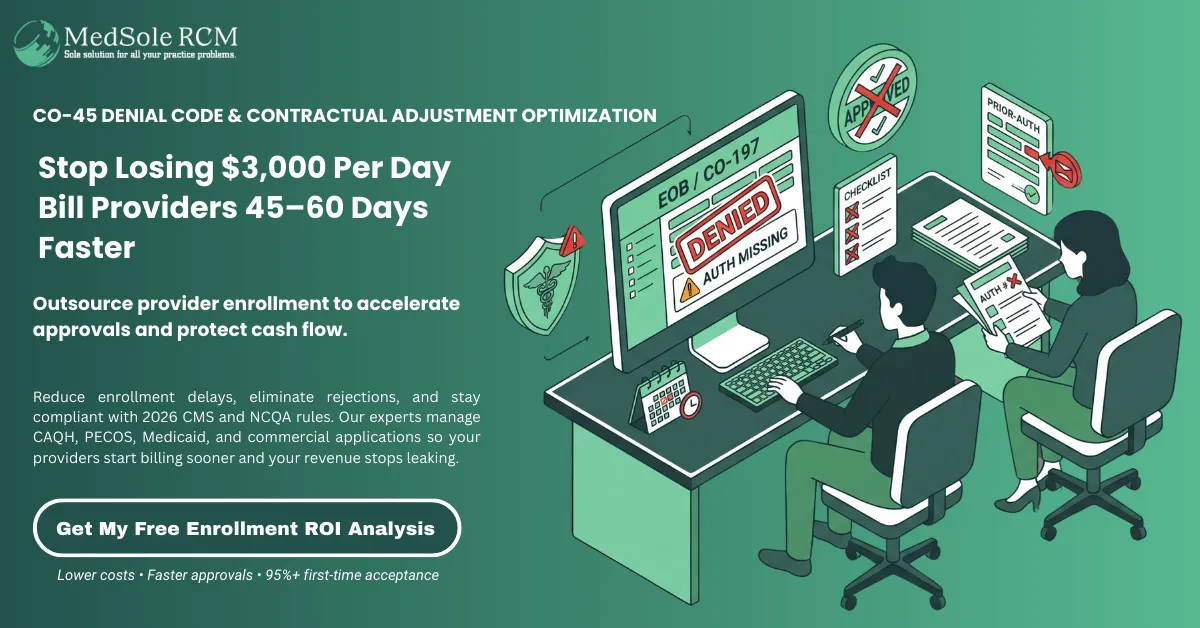
Posted Date: Feb 05, 2026
_11zon.webp)
Posted Date: Feb 06, 2026
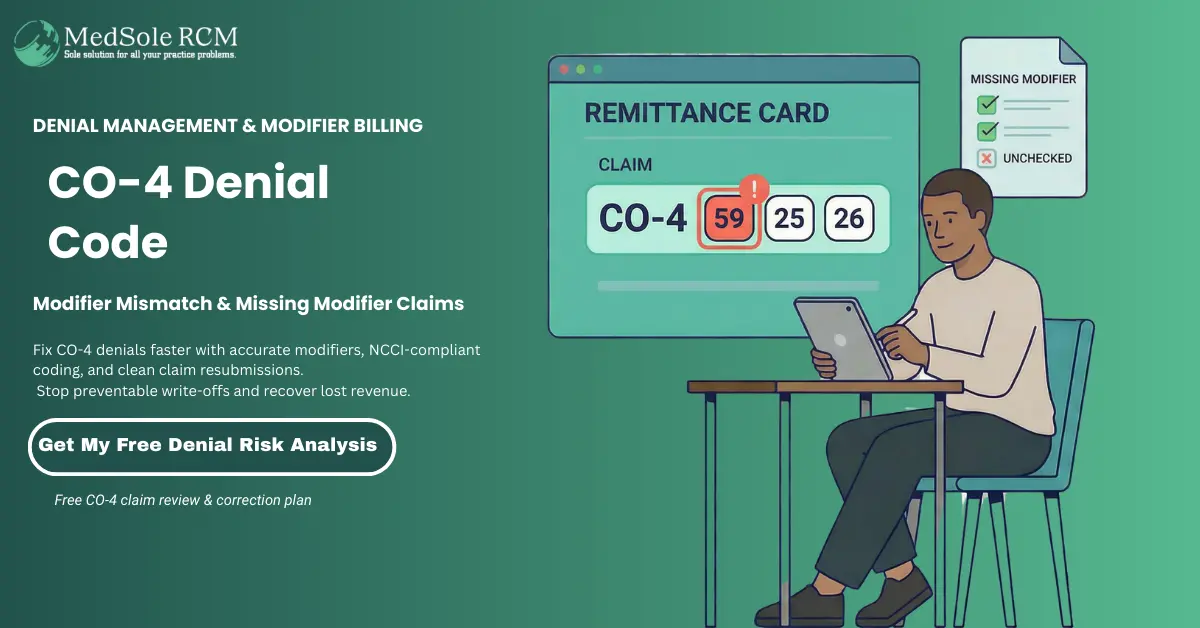
Posted Date: Feb 09, 2026
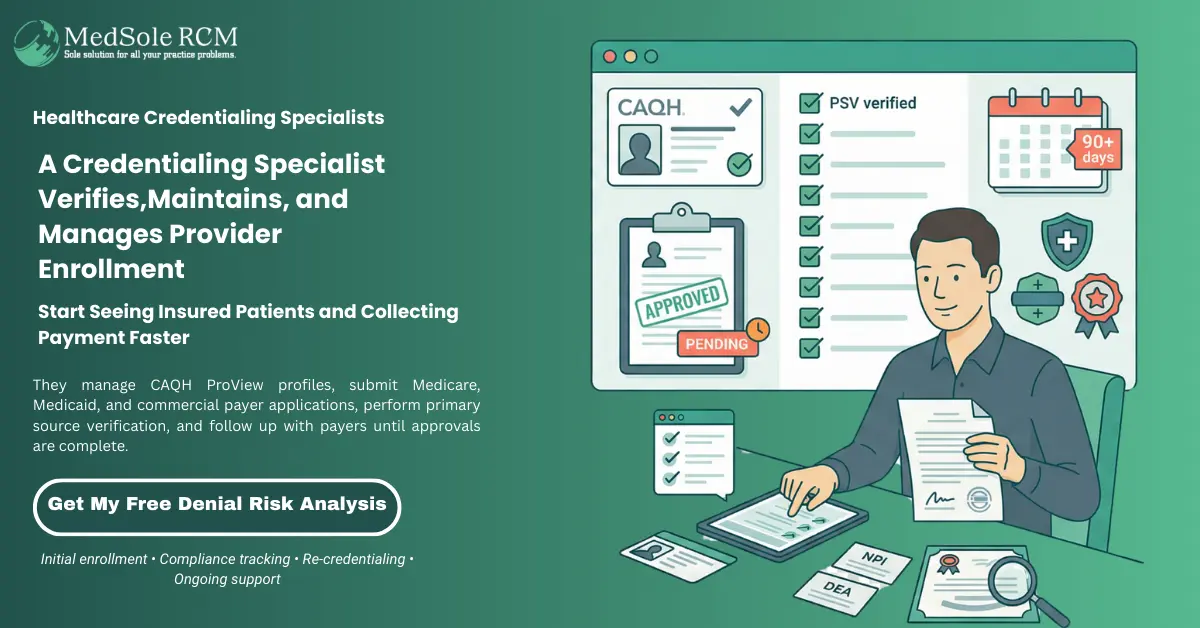
Posted Date: Feb 10, 2026
_11zon.webp)
Posted Date: Feb 11, 2026
.webp)
Posted Date: Feb 12, 2026
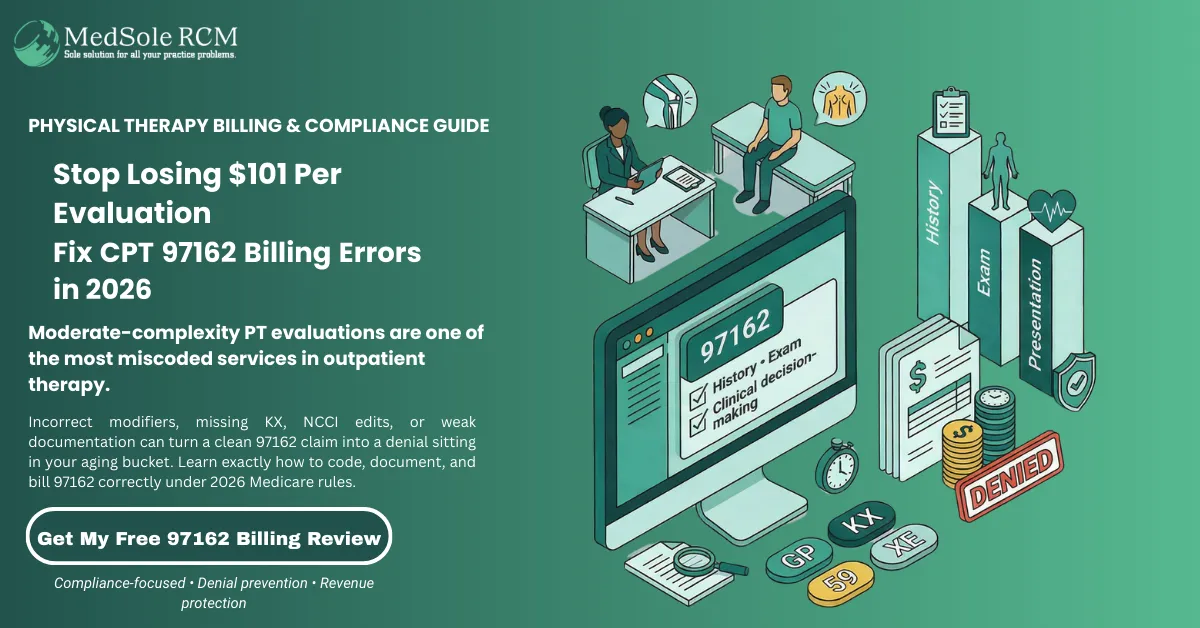
Posted Date: Feb 13, 2026
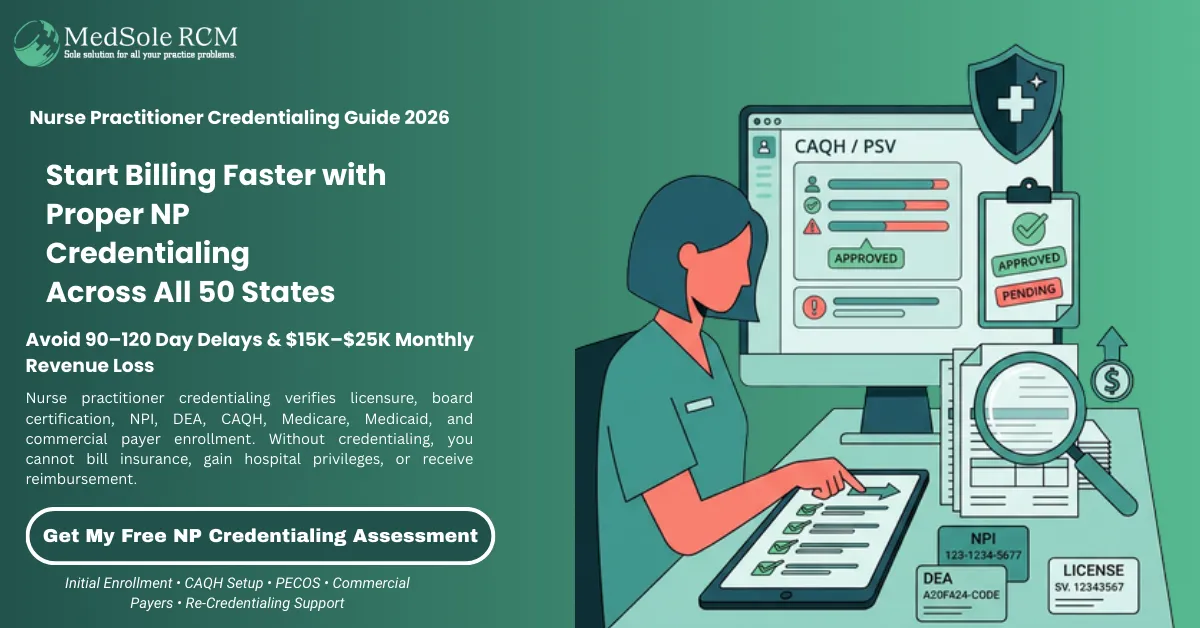
Posted Date: Feb 17, 2026
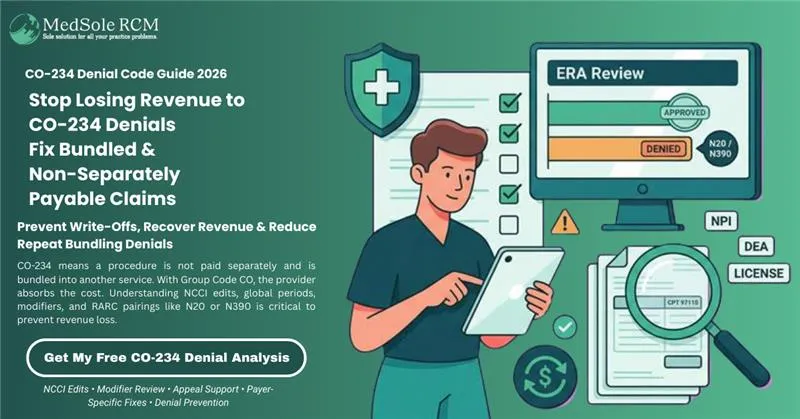
Posted Date: Feb 18, 2026

Posted Date: Feb 19, 2026
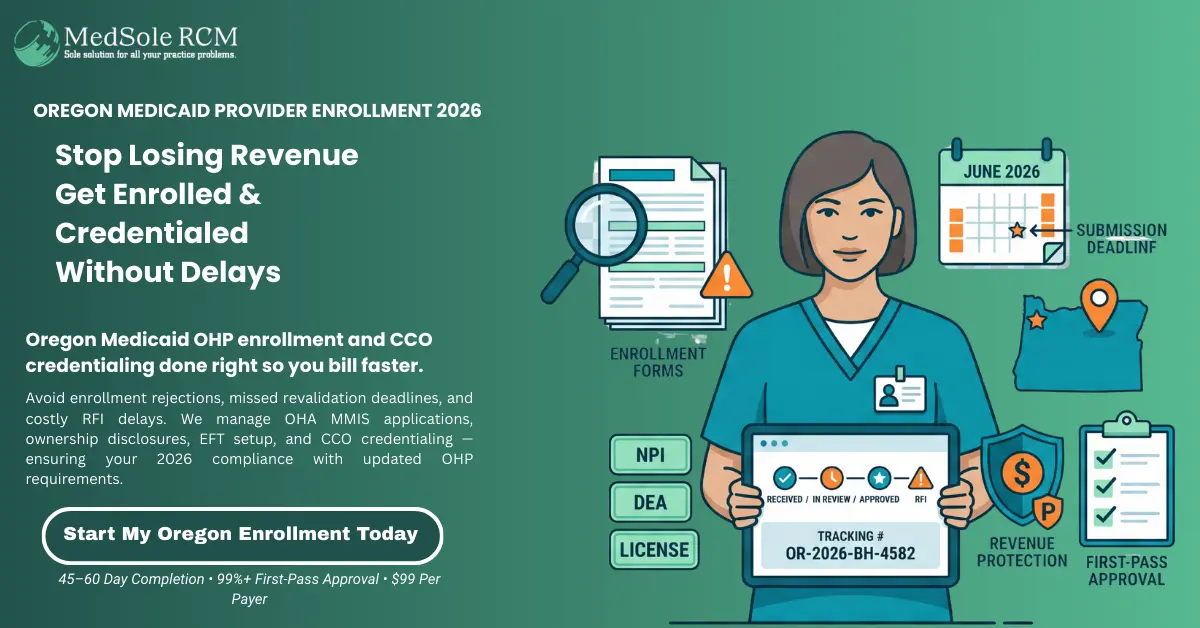
Posted Date: Feb 20, 2026
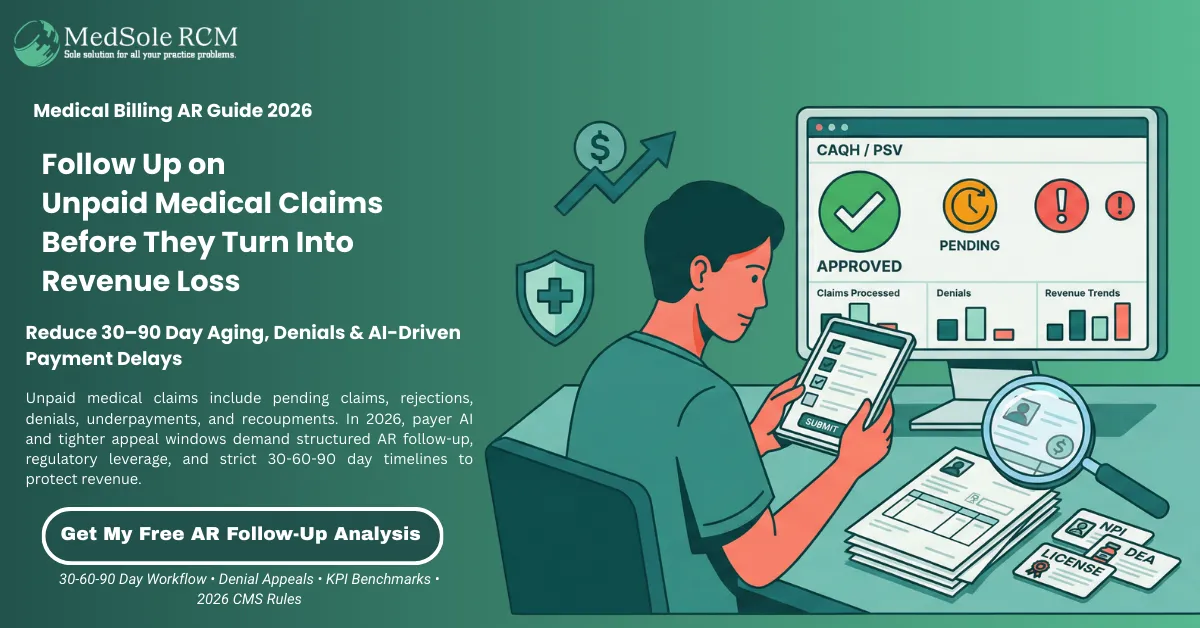
Posted Date: Feb 23, 2026
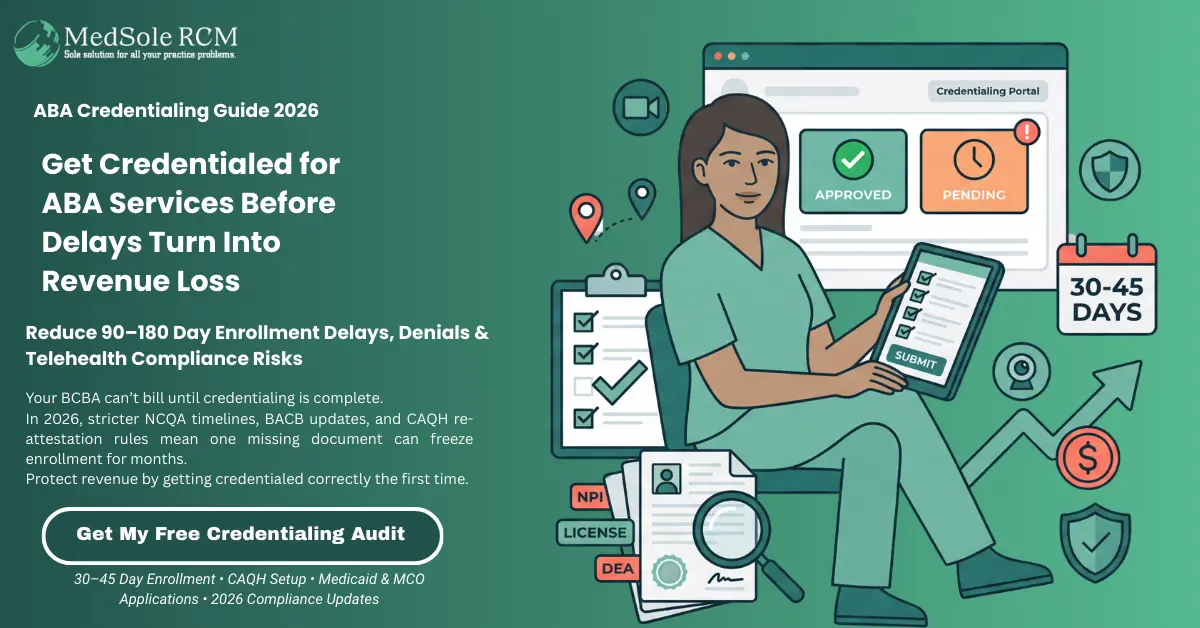
Posted Date: Feb 25, 2026
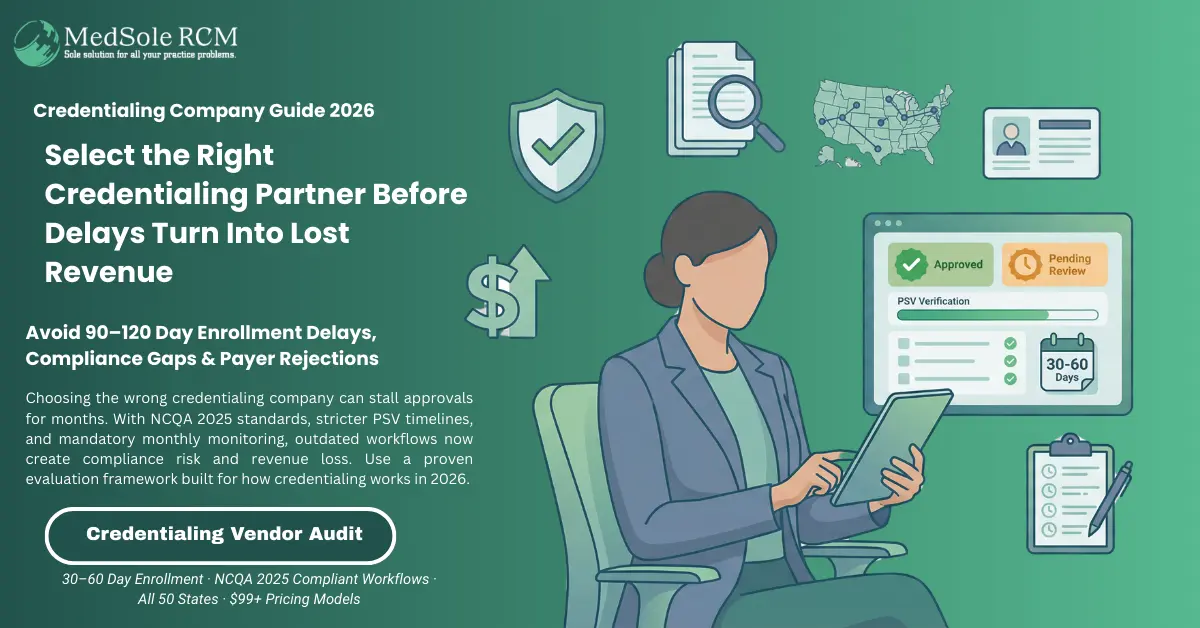
Posted Date: Feb 26, 2026